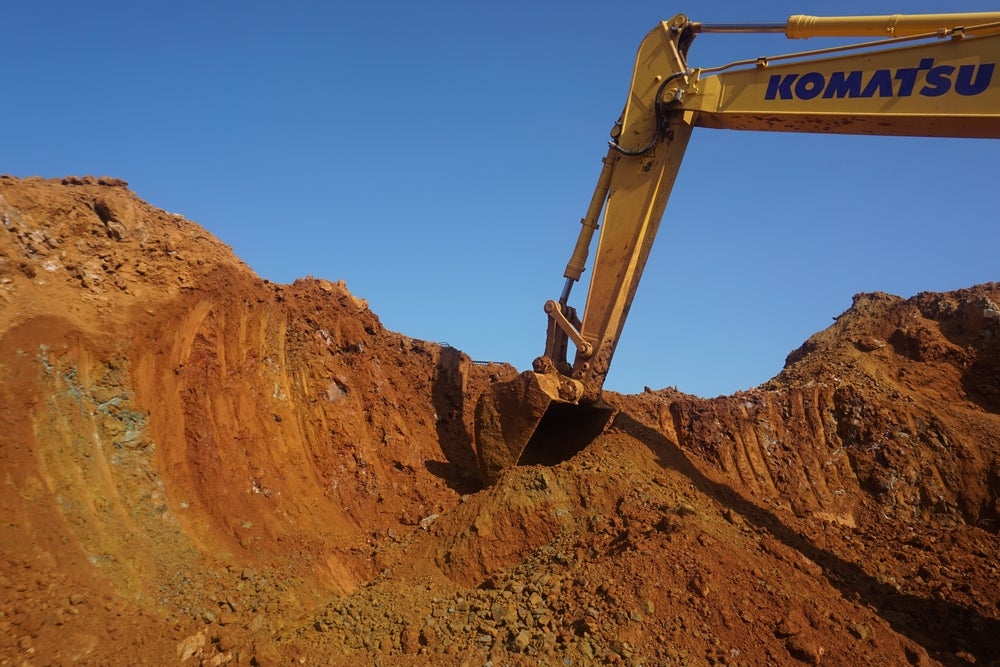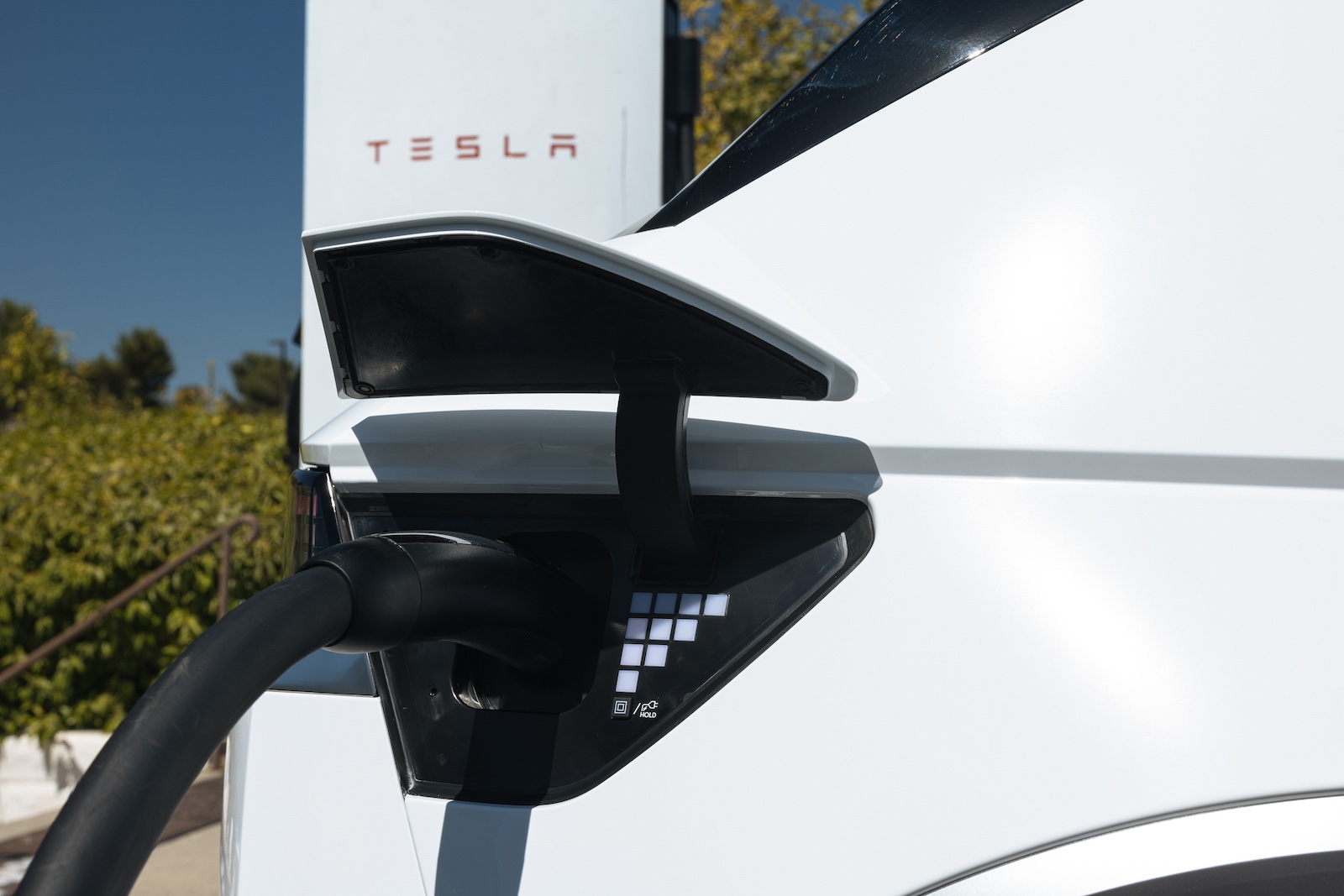
Australian minerals producer Resource Mining Corporation (RMC) has commenced its maiden drilling programme at its Liparamba nickel project in southern Tanzania, the company announced on Monday.
The project in Tanzania’s Nyasa Ruvuma province targets a 2km-long “southern corridor” recently identified through exploration by the company and nickel miner Albidon. The drilling programme is expected to take four to five weeks, with results coming in the next quarter.
The drilling will carry out test work looking for the presence of nickel sulphide mineralisation within the area. A total of 12 150m-deep reverse circulation drill holes have been planned along the southern corridor of the project. The drill programme will concentrate on the coincidental anomalies from previous AMT survey data, recent geological field surveys and previous soil surveys.
RMC CEO Andrew Nesbitt said: “With the completion of the initial geophysical programme and continuing exploration works at the Liparamba Nickel Project, the [potential] of the area remains extremely high and has confirmed numerous specific targets that match the previous explorer’s interpretation.
“We are confident that this drill programme will successfully advance the… locating [of] significant nickel resources within our Tanzanian project portfolio,” he added.
On top of the Liparamba project, RMC is conducting mining exploration work for critical minerals for battery production, principally nickel and lithium, elsewhere in Tanzania and in Finland. RMC has four projects in Tanzania focusing on nickel sulphide occurrences within known and prolific mafic and ultramafic intrusions. In Finland, RMC has three projects, two of which focus on lithium exploration, with the other targeting nickel.
Nickel and lithium are essential metals in the production of electric vehicle (EV) batteries. As such, they are considered important to the progression of the energy transition. However, the mining of metals needed for the transition, including nickel and lithium, often comes with social and environmental consequences, raising questions about the ethics of EV production.




